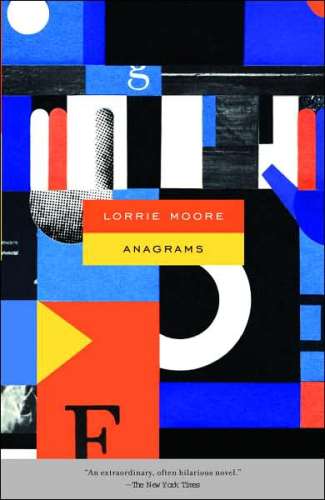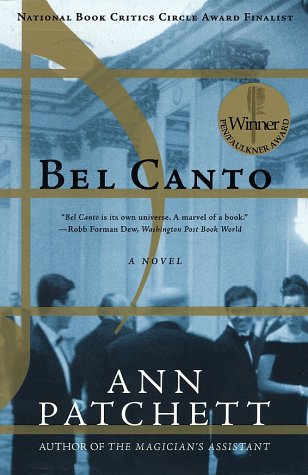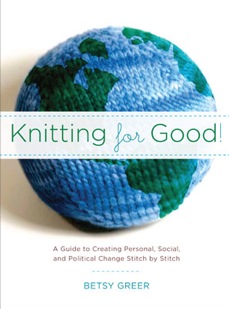I recently finished Anagrams, by Lorrie Moore, at the recommendation of my excellent friend. She’d lent me her copy a long time ago, and I finally got around to reading it. If you want my short and sweet summary, it’s something along the lines of a sigh of relief and “At last! A book that honors the multiplicity and contingency of identity instead of pathologizing it.”

Anagrams is a collection of short stories. Kind of. It starts out as a series of short stories about two people, and various permutations of their relationship — sometimes platonic, sometimes romantic, sometimes toxic. Things then move into the bulk of the work, a longer narrative where reality seems to settle down a bit. Amidst all this, there are a lot of excellent puns, and an emphasis on what happens when things are rearranged.
I want to tell you all about the “what happens” of this novel, and how it fits in with the title, and the wordplay, but I’m not one to ruin endings, and I hate that some of the reviews out there reveal what was, for me, the most mind-tickling part of the narrative (so be careful if you seek out other reviews). I guess I’ll just vaguely say that your trust in this novel will be handsomely rewarded.
While I know some people criticize the choices Moore made with constructing this narrative, I see her moves in this novel as an opportunity to be interested — interested in how we construct our identity, which parts of our experiences we decide are “real” enough to form who we are, which we present to other people, and which we bury and disregard. How do we decide what constitutes my “I” that I hold with such force? Is it what happened to me? what I did? what I didn’t do? who I did not become? the thoughts that never saw the light of day?
Anagrams takes incredible risks that kept my mind buzzing for days after I finished. Between that and Moore’s incredible writing that had me laughing out loud (a rare experience for me when I read), I am so glad that Zoe recommended this to me, and that I finally read it. This novel is absolutely worth your time if you want to be challenged, pushed, amused, and surprised. Isn’t that why we read in the first place?
(As always, show your local bookstores some love. They need it right now. As this is a slightly older work, they may not have it on hand, but they can probably get if for you faster than Amazon. Soapbox relinquished.)
P.S. I’ve totally been knitting. In fact, I’ve finished two things since we talked last. However, we’re finally getting some season-appropriate weather in Northern California, which means few photo opportunities. I’m excited to show my latest accomplishments to you, and hope that can happen soon!
 I just finished reading Bel Canto by Ann Patchett. What a thoroughly enjoyable book. I’m a sucker for writing that pays attention to details, specifically details of material objects and the way we experience things; Bel Canto thoroughly satisfied that desire.
I just finished reading Bel Canto by Ann Patchett. What a thoroughly enjoyable book. I’m a sucker for writing that pays attention to details, specifically details of material objects and the way we experience things; Bel Canto thoroughly satisfied that desire.

